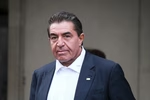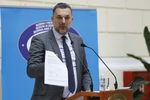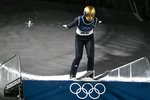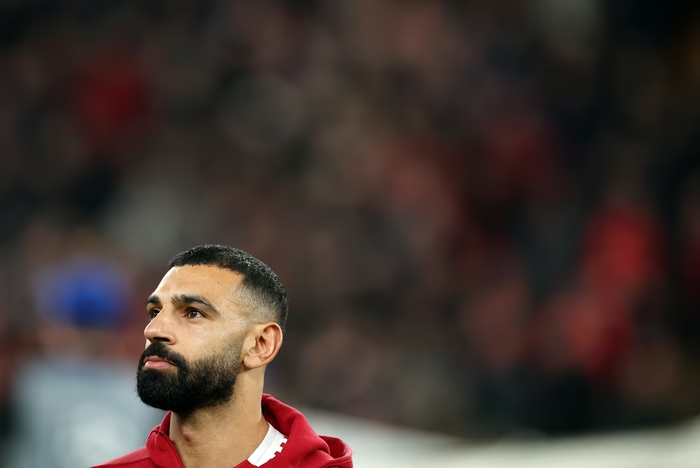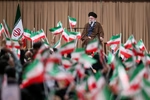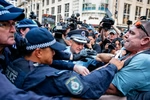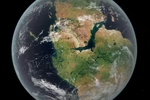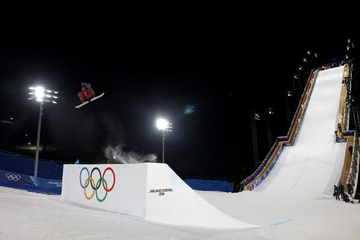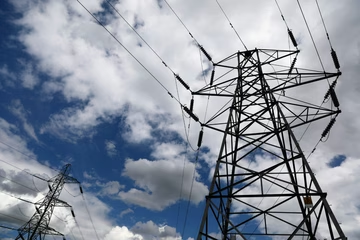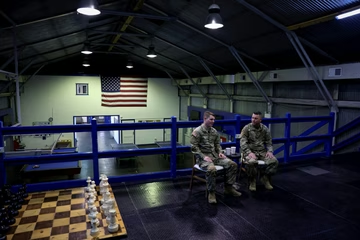
The Macedonia-Greece agreement that solved the 27-year long dispute on the name of Macedonia means that “we have finally got a country that nobody disputes,” Prime Minister of Macedonia Zoran Zaev said in an exclusive interview for N1’s Pressing.
In his first interview for a foreign media outlet after reaching the name deal, according to which the country's name will now change to North Macedonia and which opened door to membership in the European Union and NATO, Zaev also spoke about the situation in Bosnia and Herzegovina and developments in the region.
“We decided to make decisions. Our citizens vote for us to make such decisions. Citizens elect the leaders who will be making tough decisions. All of us in Macedonia knew we would have to solve that sooner or later. When I was honoured to be appointed the Prime Minister I was aware of that problem,” said Zaev, reminding that his country had bilateral problems with each of its five neighbours back at that time
The international community was encouraging the two countries to find a solution but the decision was on Macedonia and Greece alone, he said.
“They wanted to have this dispute solved so that Macedonia becomes a member state of the European Union and NATO,” added Zaev.
According to him, 70 percent support of citizens to the so-called Prespa agreement shows they are ready to follow their leaders. Hopefully, said Macedonia’s Prime Minister, this will encourage the leaders in rest of the region to solve problems in their bilateral relations.
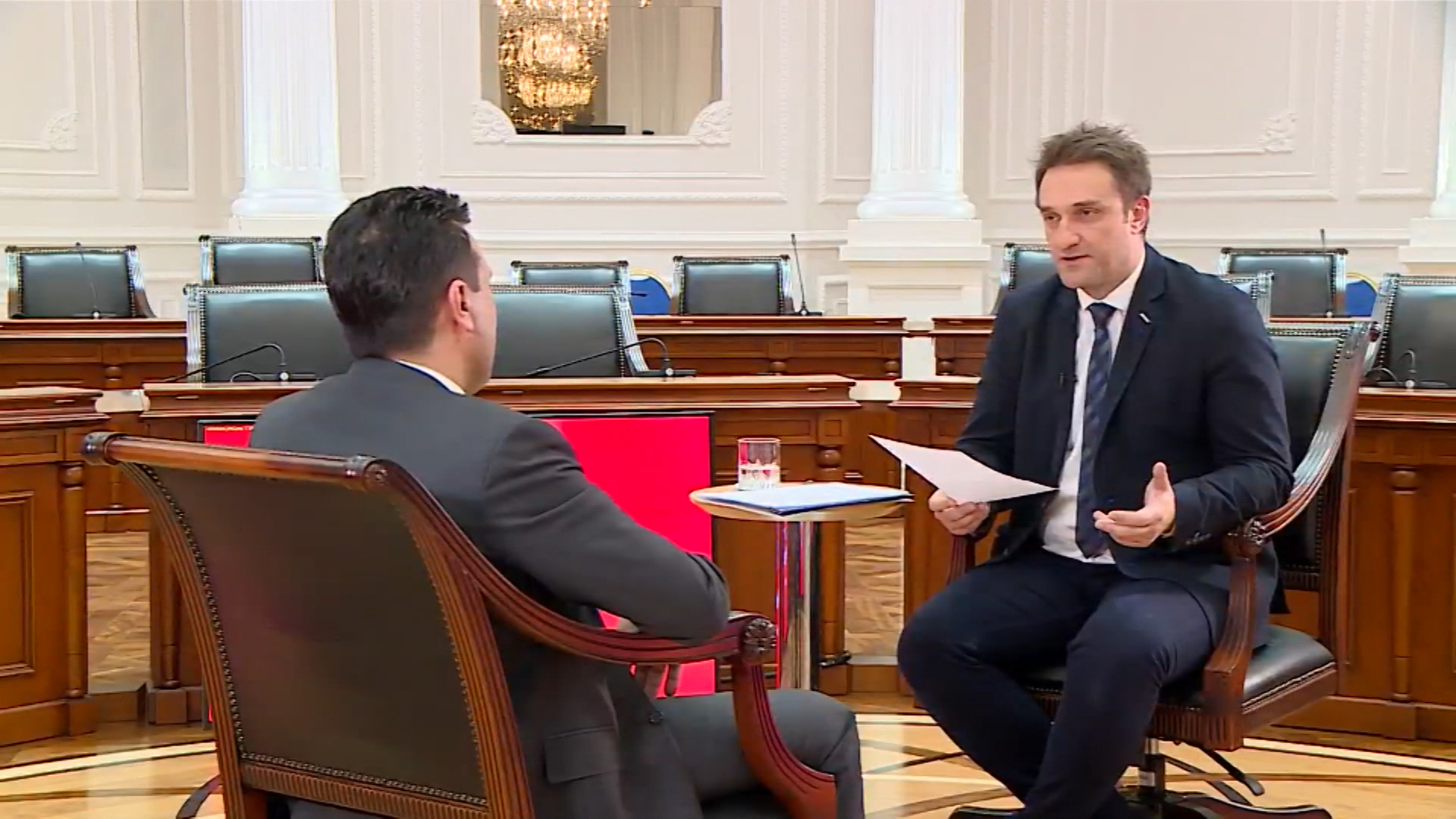
Speaking of the EU and NATO integration of the region, Zaev said these two were parallel processes.
“I want Bosnia and Herzegovina to become a NATO member. I honestly wish it will become a member of the European Union. NATO brings peace and stability, the European Union brings values,” he said.
Politicians have to listen to the wishes of citizens when it comes to these two memberships, according to Zaev, and he is aware of the stance of the Serbs in Serbia and Bosnia’s Serb-dominated entity, Republika Srpska, both objecting the NATO membership.
“This is my advice, let Bosnia and Herzegovina take the path it has to take. I understand Serbia which went through the (NATO) shelling. It is all clear. But there is no alternative. What else could be an alternative? To be neutral? What will that bring?,” Zaev said.
Opening and not closing the borders in the region should be “an ideal” to follow and the region should cooperate more, which will make Europe respect it, he stressed.
“We on the territory of ex-Yugoslavia are brotherly people. I respect that. I was fond of Yugoslavia and I dream of all of us getting back together. That’s how it is going to be in the European Union,” said Macedonia’s official.
In a message he conveyed for the peoples of Bosnia and Herzegovina, Zaev said they should all take care of each other.
“They say there is 11-15 percent of the Croats (in Bosnia), some 30 percent of the Serbs and about 55 percent of the Bosniaks. The one who is majority must show generosity and respect for minorities. Because that’s a democratic value. The communities that are a majority must try harder for everyone in the country to enjoy the same rights and have same obligations,” he said.
A civic state does not mean the rule of one ethnic group but the rule of citizens, Zaev concluded this topic.
Explaining the reason behind his fondness for Bosnia, Macedonian official said it was about the same mentality and sharing the same values, and because “we were close in ex-Yugoslavia.”
“We’re the same people, with the same mentality. We believe in the same values. We have the same dreams and I believe we can help each other,” said Zaev.
Kakvo je tvoje mišljenje o ovome?
Učestvuj u diskusiji ili pročitaj komentare





 Srbija
Srbija
 Hrvatska
Hrvatska
 Slovenija
Slovenija









